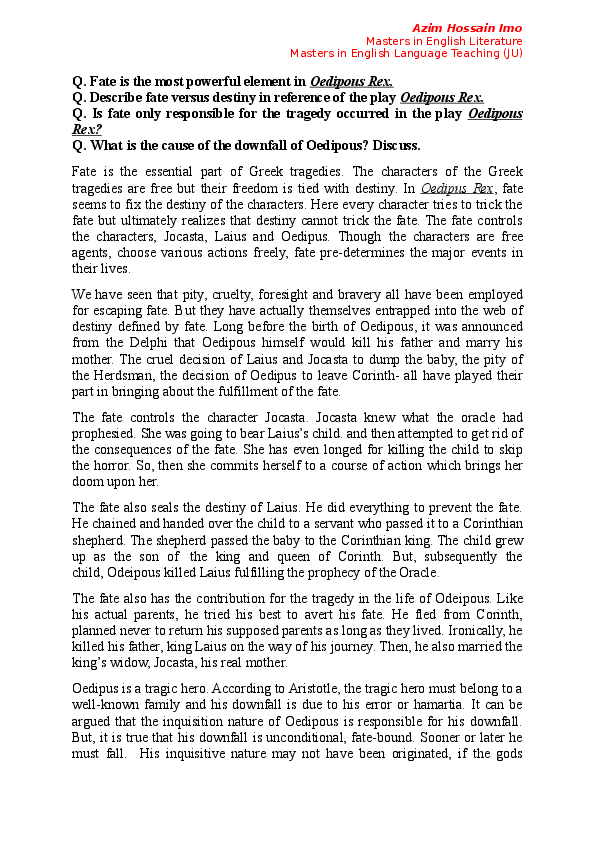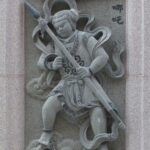Is Nezha a Tragic Hero? A Cross-Cultural Exploration
Nezha, the rebellious deity from Chinese mythology, embodies a complex blend of heroism and tragedy. But does his story align with Aristotle’s definition of a tragic hero, or does it challenge Western notions of fate and free will? This article examines Nezha’s narrative through classical tragedy and philosophical perspectives, exploring whether his suffering and defiance resonate with universal archetypes or reflect uniquely Eastern traditions.
Nezha and Aristotelian Tragedy
In Aristotle’s Poetics, a tragic hero is a noble figure whose downfall stems from a fatal flaw—hamartia—often linked to hubris. Nezha’s defiant nature, particularly his violent slaying of the Dragon King’s son, echoes this tradition, as his impulsive actions trigger irreversible consequences. However, unlike Western tragic heroes, Nezha’s fate is not purely individualistic but deeply tied to cosmic and familial duty.
Key differences emerge when examining Nezha’s redemption. While figures like Oedipus suffer permanent exile, Nezha achieves resurrection and divine status, suggesting a cyclical rather than linear tragic arc. His story embraces atonement, a concept less emphasized in Aristotelian tragedy, which prioritizes irreversible suffering and catharsis through pity and fear.
Fate vs. Free Will in Nezha’s Narrative
Western tragedies often depict characters trapped by an unyielding fate, as seen in Oedipus Rex, where prophecy dictates doom. Nezha’s myth, however, presents a dynamic interplay between destiny and autonomy. His birth from a divine lotus and his predetermined role as a protector suggest cosmic inevitability, but his fiery resistance—such as self-sacrifice to spare his parents—demonstrates defiance against predestined suffering.
This contrast highlights cultural distinctions: Greek fatalism often renders heroes powerless, whereas Chinese folklore allows for negotiation with fate. Nezha’s struggle is not against destiny itself but against the constraints it imposes—aligning with Confucian and Taoist ideals of harmony through upheaval.
Conclusion: A Hero Beyond Boundaries
Nezha’s story transcends simple categorization as an Aristotelian tragic hero. His blend of defiance and redemption challenges Western frameworks while offering a nuanced exploration of fate. Rather than succumbing to an irrevocable downfall, Nezha reshapes his destiny, embodying a uniquely Eastern synthesis of rebellion and restoration. His enduring appeal lies in this duality—making him a tragic hero not of doom, but of transformation.

